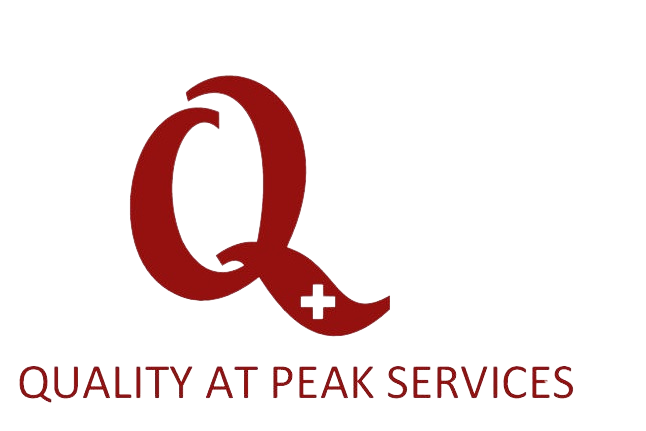How NCH Healthcare reduced alert burden with more meaningful CDS
Physician well-being is a top priority for health systems, but the inundation of generalized clinical alerts within Electronic Health Records (EHRs), particularly medication-related warnings and in-house alerts, contributes to increased stress among physicians.
During its EHR transition, NCH Healthcare System in Florida addressed this issue by optimizing medication alerts that were often dismissed by physicians due to patients’ clinical status. This optimization involved harnessing specific patient data, including lab results and comorbidities, leading to targeted alerts for at-risk patients rather than generic alerts for a broad patient population.
David Linz, Chief Medical Informatics Officer at NCH Healthcare System, is set to present this innovative approach at HIMSS24 in a session titled “Introducing More Meaningful Medication Guidance While Tackling Alert Overload.” The focus will be on the proactive mitigation of alert fatigue on physicians and the importance of partnering closely with the pharmacy team when evaluating medication alerts.
The session aims to highlight the crucial role of optimizing clinical decision support guidance in reducing negative impacts on healthcare professionals, improving efficiency, enhancing well-being, and minimizing financial burdens on healthcare organizations while improving patient outcomes.
Linz emphasizes the need for a framework that incorporates patient-specific factors such as laboratory values, age, and comorbidities to improve medication alert acceptance. The learning objective for attendees is to understand the proactive, multidisciplinary approach guided by the pharmacy team to produce more meaningful medication alerts.
Furthermore, Linz stresses the ongoing need for review and adjustments to tackle alert fatigue. The establishment of a decision support committee, composed of various healthcare professionals and subject matter experts, is crucial for continuously reviewing medication alert data, making mitigating recommendations, and improving the Clinical Decision Support (CDS) environment.
By incorporating both subjective feedback and objective quantification of alerts, health systems can enhance the quality of warnings, reduce alert fatigue, and continually improve the CDS environment. This approach not only benefits physician well-being but also contributes to patient safety and overall healthcare efficiency.








